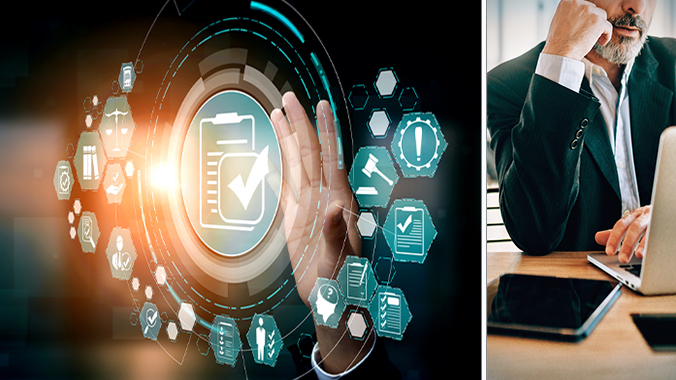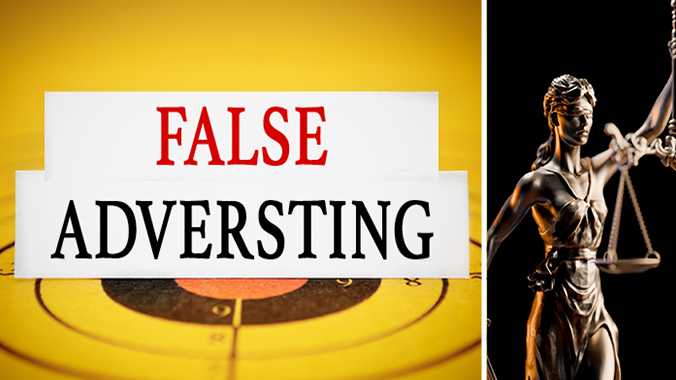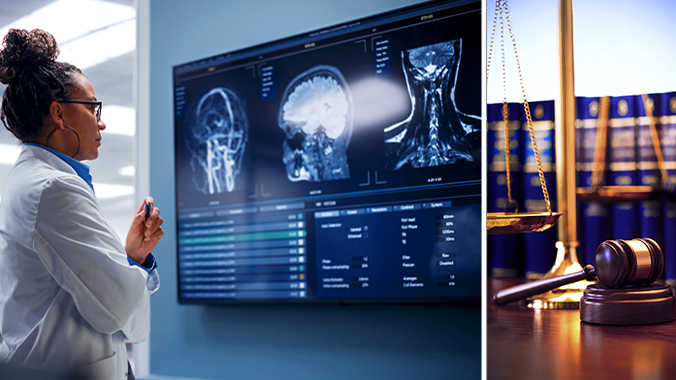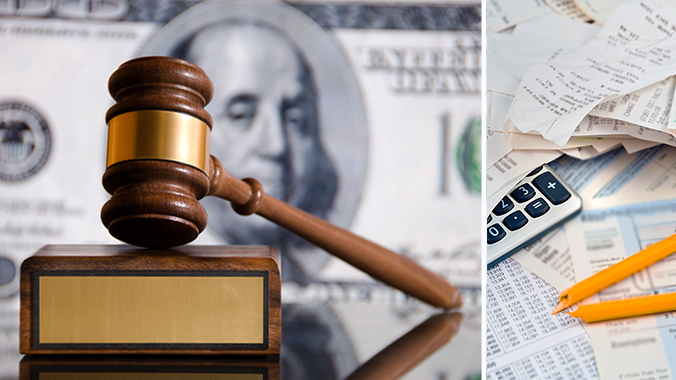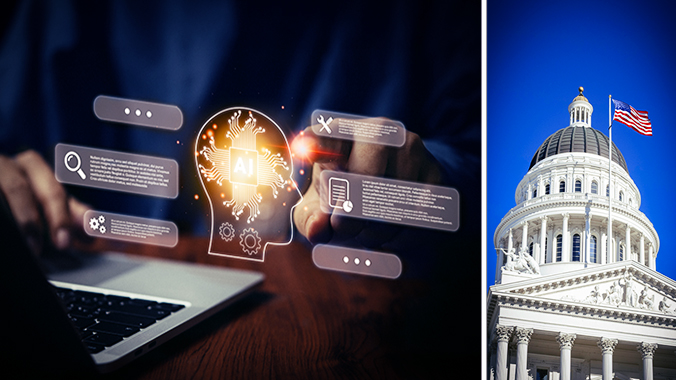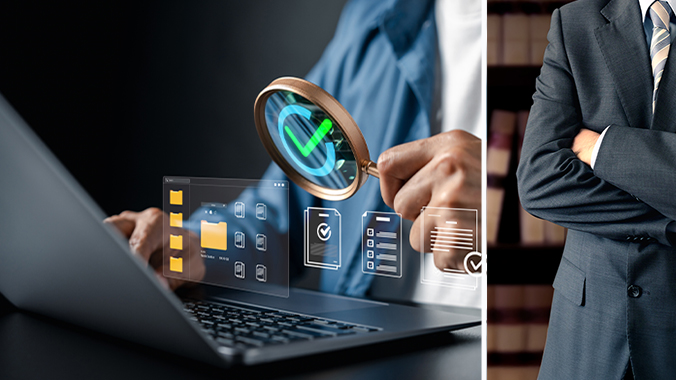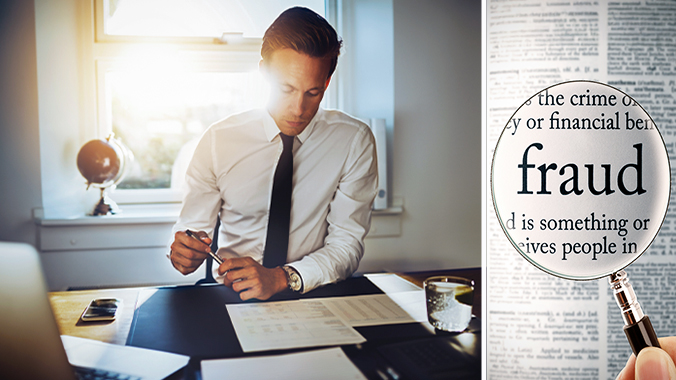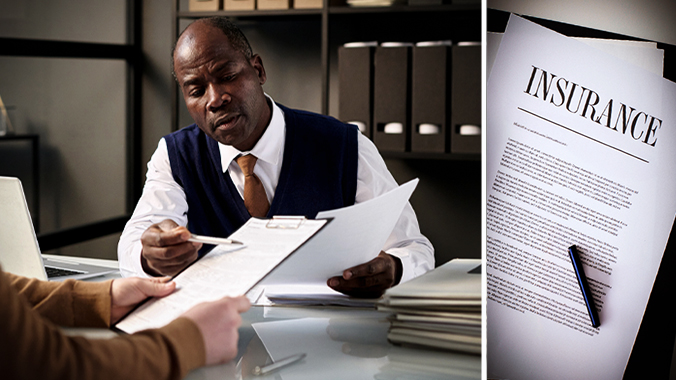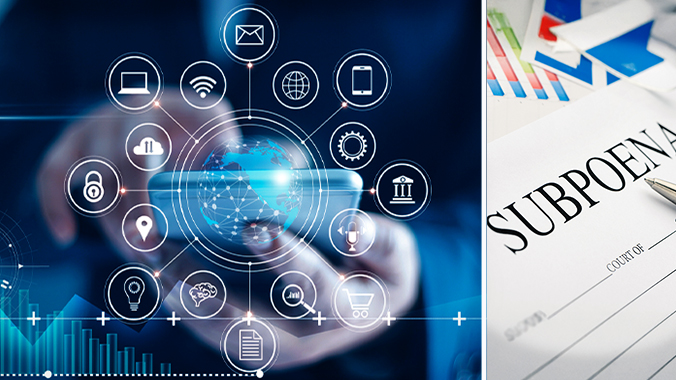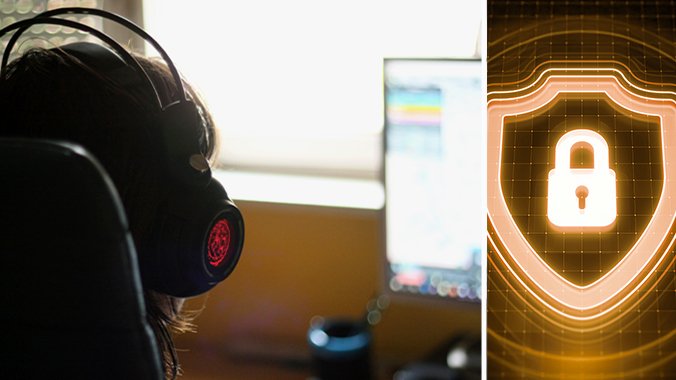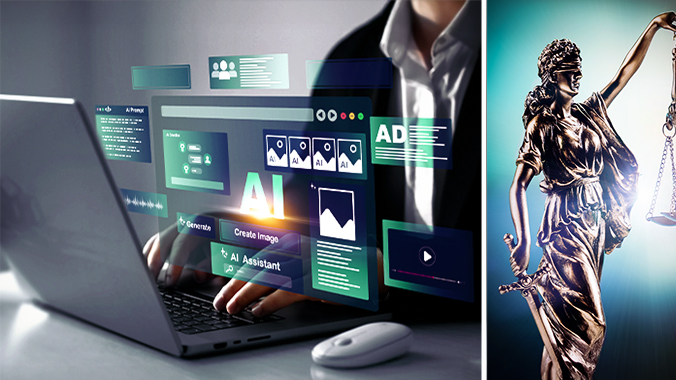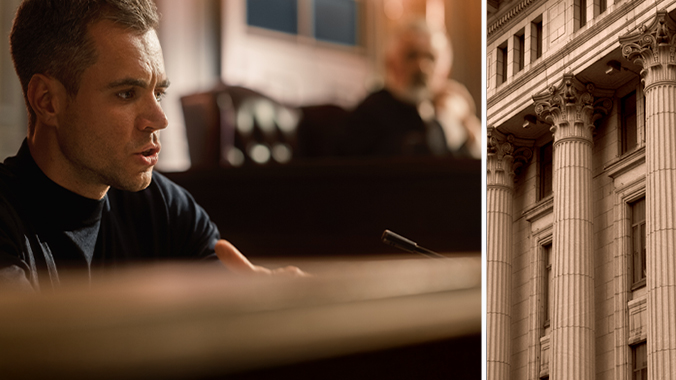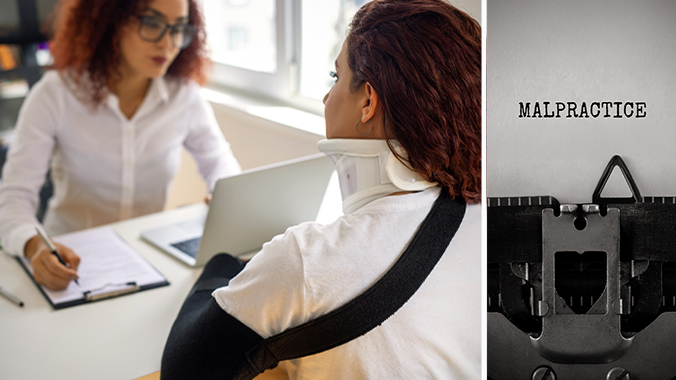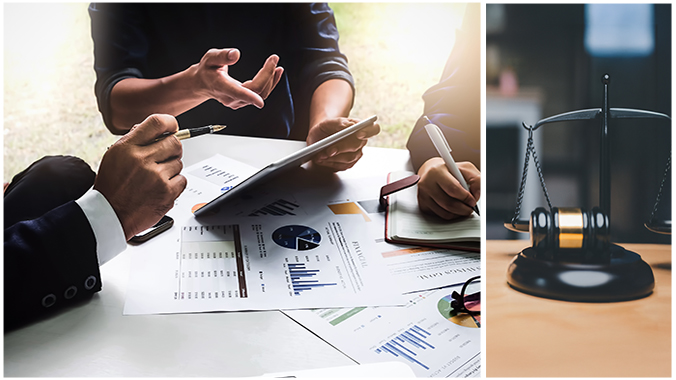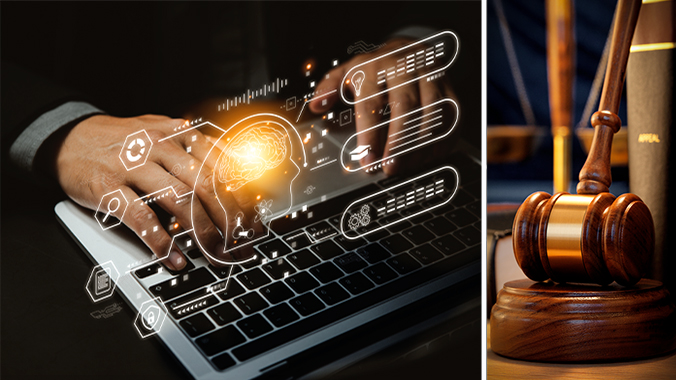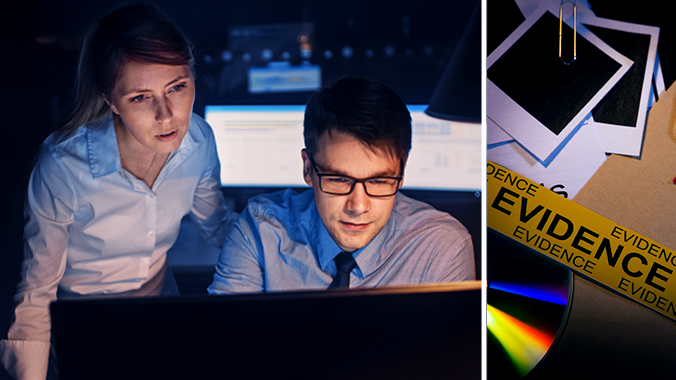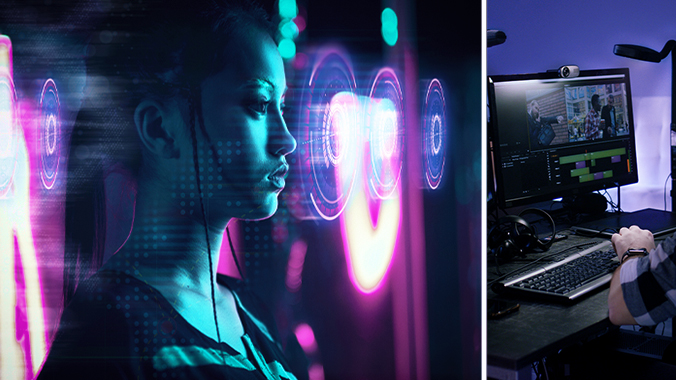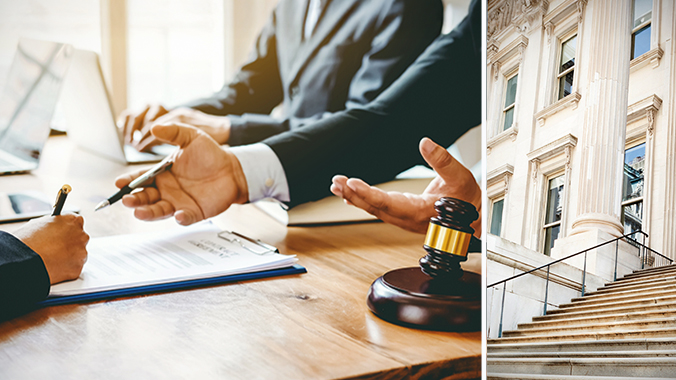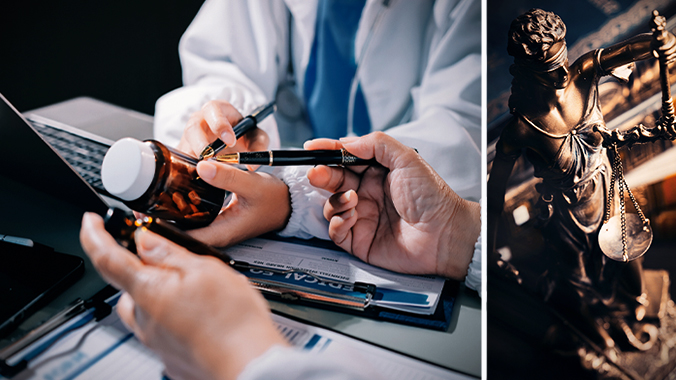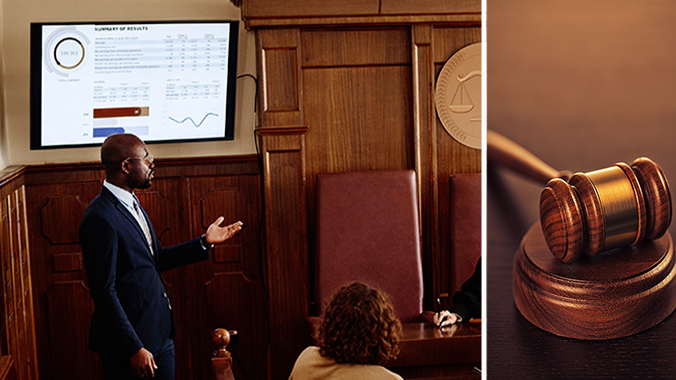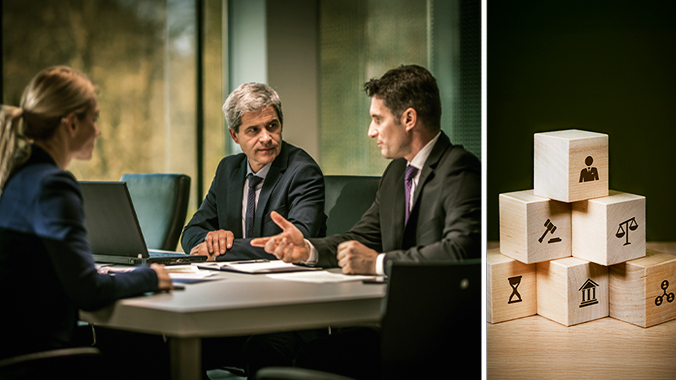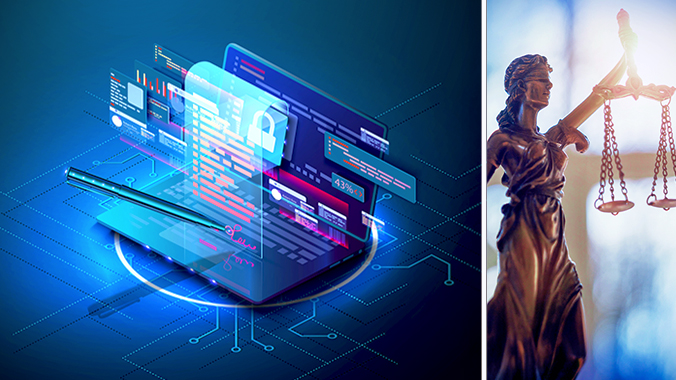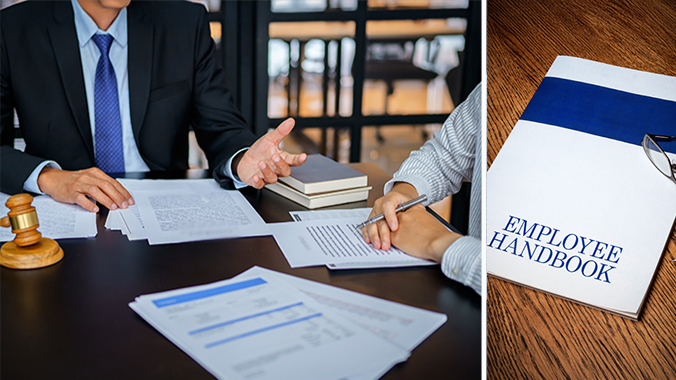AI and New Software Tools in Legal Project Management: A Paralegal’s Guide to Modern Practice Efficiency



2.5 hour CLE
Get this course, plus over 1,000+ live webinars.
Learn More
Program Summary
Session I - Future-Proof Your Practice: Mastering Legal Project Management with Software and AI - Erin Hill
In today's competitive legal market, clients demand more than just expertise; they expect efficiency, predictability, and demonstrable value. This session provides legal professionals with a comprehensive framework for integrating Legal Project Management (LPM) principles with cutting-edge software and AI tools. Attendees will learn how to move beyond traditional matter management to strategically plan, execute, and deliver legal services that align with client goals. We will explore LPM and practical methods for streamlining workflows, enhancing team and client collaboration, and using technology to control costs and improve outcomes, ensuring your practice remains relevant and profitable in the age of AI.
Key topics to be discussed:
- Foundations of Legal Project Management (LPM)
- Leveraging technology for workflow automation
- The AI advantage in legal service delivery
- Enhancing collaboration and delivering measurable value
Session II - Data Mapping & Digital Investigations: Public Records, OSINT, and ESI Management for Paralegals - Amy Jo McGuigan
In this interactive session, senior paralegal and certified eDiscovery specialist Amy Jo McGuigan, ACP, CEDS, CAS will guide attendees through the evolving role of the paralegal in managing digital investigations and public record searches. Using practical case examples, participants will learn how to build defensible workflows for locating, collecting, and producing data from diverse sources, including smartphones, cloud storage, social media, and online databases. The session will also explore how to design effective data maps, ensure compliance with preservation obligations, and leverage open-source intelligence (OSINT) tools to uncover hidden evidence. Whether supporting a litigation team or leading discovery projects, attendees will leave with strategies to improve efficiency, defensibility, and accuracy in their data-driven cases.
Key topics to be discussed:
- Building effective data maps: How to identify and document sources of electronically stored information (ESI) across devices, platforms, and applications
- Collecting and preserving digital evidence: Practical techniques for defensible collections, chain of custody, and avoiding sanctions under Rule 26
- Using OSINT and public records tools: How to locate individuals, assets, and connections through skip tracing and advanced search strategies
- Metadata and hidden evidence: Understanding the unseen data that can make or break a case, from smartphone artifacts to deleted messages
Session III - Requesting and Receiving Information from the Federal Government: Navigating the Freedom of Information Act (FOIA), the Privacy Act, and Agency Touhy Regulations - Eugene Benick
Requesting and receiving information from the federal government can often feel like a frustrating, if not futile, endeavor. However, if you understand the right laws and regulations, the process can proceed more smoothly for everyone involved. This session will educate legal professionals on the fundamentals of the Freedom of Information Act (5 U.S.C. § 552), the Privacy Act (5 U.S.C. § 552a), and agency Touhy regulations. It aims not only to explain the basics of these statutes and regulations, but also to provide practical tips for making requests that improve the likelihood of obtaining the needed information in a reasonable amount of time.
Key topics to be discussed:
- The fundamentals of the Freedom of Information Act (FOIA), the Privacy Act, and agency Touhy regulations
- Strategies for submitting information requests in a manner that increases the likelihood of timely and complete responses from the government
- Common mistakes and pitfalls encountered by requesters under these statutes and regulations
This course is co-sponsored with myLawCLE.
![]() Closed-captioning available
Closed-captioning available
Speakers
 Erin Hill | Jessup University
Erin Hill | Jessup University
Erin Hill is a lifetime learner who has a passion for educating others in strategic and legal project management and cyber data retention. She works as the VP for Strategic Projects and tenured professor at Jessup University where she manages the Project Management Office (PMO) and strategic plan. Professor Hill has peer-reviewed over 50 articles for the International Journal of Cyber Security and Digital Forensics (IJCSDF). She has published legal research with LexisNexis and created new laws in California. Erin believes in giving back with pro bono service and volunteer work by speaking at conferences and leading strategic planning sessions for nonprofit organization. She holds a B.B.A. in Finance & Management, a J.D., and an LL.M. in International Tax and Finance, and a Wealth Management Certificate. Erin also maintains active certifications for the following; Financial Crimes (Cyber Security), Compliance Analyst; Chartered Asset Manager, Master Financial Planner, Quality Manager, Project Manager, & Core Registered Paralegal.
 Amy Jo McGuigan | Swanson & McNamara LLP
Amy Jo McGuigan | Swanson & McNamara LLP
Amy Jo McGuigan, ACP, CEDS, CAS,is a senior paralegal at Swanson & McNamara LLP, a trial and appellate law firm specializing in high-stakes criminal, civil, and regulatory defense and internal investigations. Prior to joining Swanson & McNamara, she worked for the Federal Public Defender in the Northern District of California for 15 years where she assisted in several trials including four complex death penalty cases, one of which resulted in an acquittal. Ms. McGuigan is a past present of the San Francisco Paralegal Association, Chair of the Bar Association of San Francisco Paralegal Section, and Assistant Director of Women in eDiscovery, San Francisco Chapter. She is a Certified eDiscovery Specialist, holding multiple ACEDS eDiscovery certifications and certifications in Cellebrite Mobile Forensic Fundamentals and digital forensics. She has over 30 hours of digital forensic training in FTK®. She enjoys crafting, watching true crime documentaries, and hanging out with her four dogs.
 Eugene Benick | Bradley Arant Boult Cummings LLP
Eugene Benick | Bradley Arant Boult Cummings LLP
Eugene Benick is a senior attorney with the law firm Bradley Arant Boult Cummings LLP (“Bradley”). His practice primarily focuses on providing guidance to government contractors on matters related to contracts, grants, and cooperative agreements. Mr. Benick has extensive experience with bid protests before federal agencies, the U.S. Government Accountability Office (GAO), and the Court of Federal Claims (COFC), as well as with the submission and litigation of claims under the Contract Disputes Act.
Prior to joining Bradley, Mr. Benick served as a senior attorney advisor in the Litigation & Enforcement Division of the Office of the General Counsel at the United States Agency for International Development (USAID). During that time, he handled 101 bid protests filed with the agency, the GAO, and the COFC. His practice also included responding to subpoenas seeking information from USAID as a third party, which required interpretation and application of the agency’s Touhy regulations.
Mr. Benick also managed USAID’s Freedom of Information Act (FOIA) litigation docket. In that role, he founded and led a cross-functional team comprised of two FOIA analysts, a junior attorney, and a paralegal, to both manage the demands of FOIA litigation and to proactively mitigate future litigation risk. His team implemented data-driven strategies that reduced new FOIA litigation by 20% between 2020 and 2024—including a two-year period with no new filings, while new FOIA requests to the agency increased 62% over the same period. This work involved addressing numerous legal issues under both FOIA and the Privacy Act.
Agenda
Session I – Future-Proof Your Practice: Mastering Legal Project Management with Software and AI | 1:00pm – 2:00pm
- Foundations of Legal Project Management (LPM)
- Cover the core principles of LPM, including scoping, budgeting, and resource allocation
- Discuss how to define success from the client’s perspective
- Create a predictable, transparent roadmap for any legal matter
- Leveraging technology for workflow automation
- Explore the current landscape of legal software designed to automate routine tasks, manage deadlines, and track progress
- Provide a guide to selecting and implementing tools that reduce administrative burdens
- Minimize human error and free up valuable time for high-level legal work
- The AI advantage in legal service delivery
- Discover how artificial intelligence is revolutionizing legal workflows, from AI-powered document review and contract analysis to predictive analytics for case strategy and settlement
- Demystify AI and offer actionable steps for integrating it ethically and effectively into legal practice
- Enhancing collaboration and delivering measurable value
- Use technology platforms to foster seamless collaboration between legal teams, clients, and other stakeholders
- Create transparent communication channels and use data-driven insights to report on progress
- Demonstrate the value delivered and strengthen client relationships
Break | 2:00pm – 2:10pm
Session II – Data Mapping & Digital Investigations: Public Records, OSINT, and ESI Management for Paralegals | 2:10pm – 3:10pm
- Building effective data maps: How to identify and document sources of electronically stored information (ESI) across devices, platforms, and applications
- Collecting and preserving digital evidence: Practical techniques for defensible collections, chain of custody, and avoiding sanctions under Rule 26
- Using OSINT and public records tools: How to locate individuals, assets, and connections through skip tracing and advanced search strategies
- Metadata and hidden evidence: Understanding the unseen data that can make or break a case, from smartphone artifacts to deleted messages
Break | 3:10pm – 3:20pm
Session III – Requesting and Receiving Information from the Federal Government: Navigating the Freedom of Information Act (FOIA), the Privacy Act, and Agency Touhy Regulations | 3:20pm – 3:50pm
- The fundamentals of the Freedom of Information Act (FOIA), the Privacy Act, and agency Touhy regulations
- Strategies for submitting information requests in a manner that increases the likelihood of timely and complete responses from the government
- Common mistakes and pitfalls encountered by requesters under these statutes and regulations
Preview
More CLE Webinars
Trending CLE Webinars


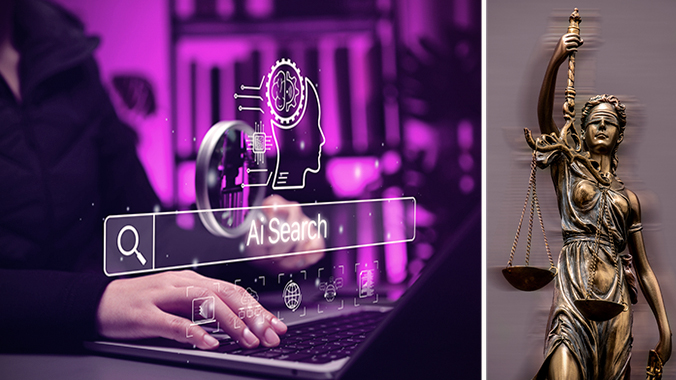
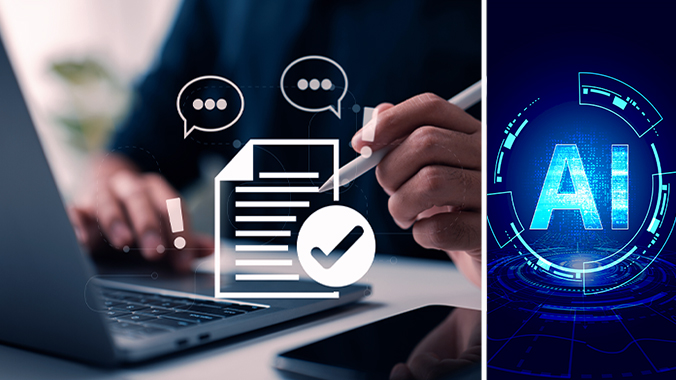
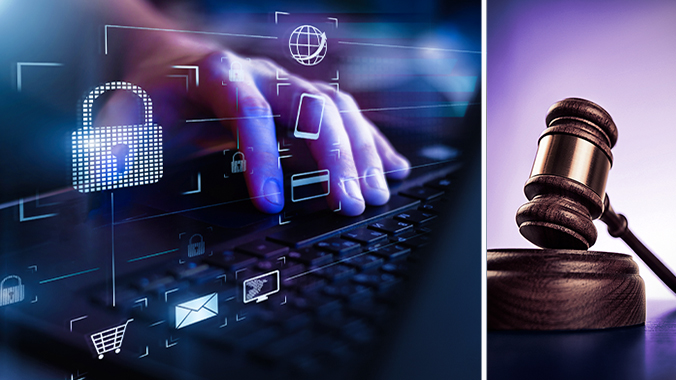
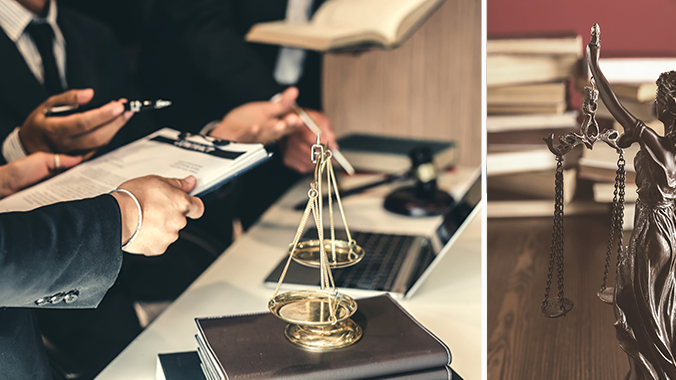



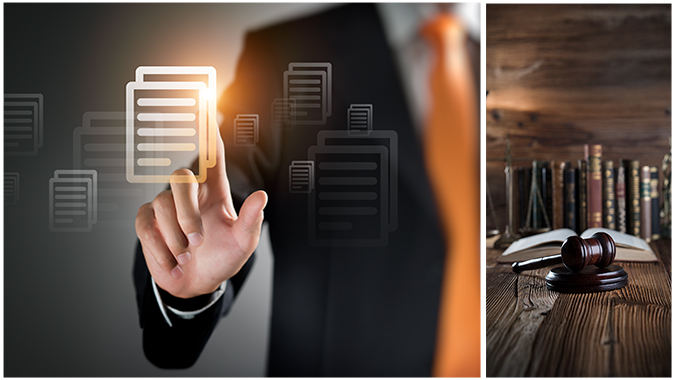
Upcoming CLE Webinars


